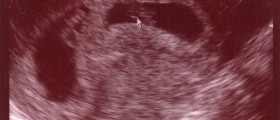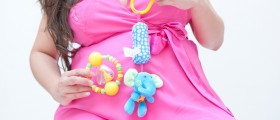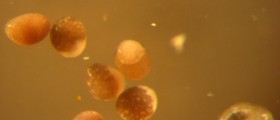
In-vitro fertilization allows a reproductive endocrinologist to actually control the risk for multiple births by implanting only a select number of embryos into the uterus. Intrauterine insemination multiple birth does not always happen to a couple, but the chances are extremely high. Certain study information has determined that the risks of multiples are increased largely to the number of embryos implanted into the uterus, but also due to female age as well. A woman can have 2 or 3 embryos implanted which can split into twins or more, so these are things which need to be given serious thought and consideration when using IUI for conceiving. Though a pregnancy with multiples might not seem like such a bad thing, if the health of the mother is in question it can raise serious problems and may need to be given serious thought too.
Within the study it was also discovered that pregnancy and higher order implantations were also influenced by the number of follicles involved. For patients aged 35 years and older, there was a higher risk of having twins and triplets because of follicle related issues. In older women, multiple pregnancies are advised against because of special health related issues which could present. Intrauterine insemination multiple births should be avoided as much as possible in order to protect the health of mother and child. When considering all the methods there are to treat infertility, intrauterine insemination could be one of the most beneficial to an infertile couple, but the risks should always be something to be aware of.




_f_280x120.jpg)











Your thoughts on this
Loading...